Music and the Holocaust

As Holocaust Remeberance Day comes around on January 27, one of ACMP’s members, Dr. Leon Hoffman (Vc, Chicago, IL), reminded me how important it is to pay homage to all the musicians and composers who suffered so tragically during this terrible event. Several of the composers whose chamber music works are frequently played and cherished by our chamber music community were among those who were in persecuted groups and whose lives were changed forever. Here is a snapshot of some of those composers and their stories.
Alexander Zemlinsky was an Austrian composer, conductor and teacher. His pupils included Erich Korngold, Hans Krása, Alban Berg, Anton Webern and Karl Weigl, and he was friendly with Gustav Mahler and Arnold Schoenberg.
Zemlinsky had Hungarian Catholic heritage on his father’s side, and Jewish and Muslim heritage through his mother, but the family had converted to Judaism before Alexander was born. Zemlinsky converted to Protestantism in 1899 and, although he was not especially religious, he set religious texts and Psalms to music.
In 1927 Zemlinsky accepted an offer from Otto Klemperer to conduct at the Kroll Opera, and subsequently stayed in Berlin until 1933, guest conducting in France, Spain, Italy and Russia. On April 7 the Law for the Restoration of the Professional Civil Service excluded Jews from employment in the civil service. Zemlinsky wasted no time in leaving Berlin for Vienna in April 1933. The name ‘Israel’ was written in his Viennese residency application – whether he volunteered the information about his heritage is unknown.
Zemlinsky’s professional engagements ceased by 1935; whether he resigned by choice is unknown. Despite this, he composed prolifically throughout the 1930s, and received some performance and conducting opportunities in Vienna, Prague and Leningrad during this time. During 1936 he worked on his opera Der König Kandaules (King Kandaules), which had a libretto adapted by the French author André Gide, although he did not finish its orchestration. After the Anschluss in 1938, widespread attacks took place against Austrian Jews, and Zemlinsky and his second wife, Luise, destroyed photographs of Zemlinsky’s Muslim and Jewish grandparents, in case they could be used against him. The family was granted permission to leave Austria for the US thanks to the sponsorship of friends in America. They travelled through Prague, Rotterdam and Paris before arriving in New York in December 1938. They later found out that Luise’s mother and aunt had been deported to Terezín and perished in the camps.
In New York, Zemlinsky struggled to receive recognition for his work. He wrote a few popular songs, and his Sinfonietta was performed by the Philharmonic Society of New York in December 1940 and broadcast by NBC. Efforts to get his work Der König Kandaules premiered in at the Metropolitan Opera received little interest. He began work on a new opera, Circe, in 1939, but it was never finished. Zemlinsky’s health rapidly declined after he suffered a number of strokes, but he did meet Schoenberg for a final time – the composers had not seen each other since 1933, when they had allegedly argued over the application of twelve-tone technique. Zemlinsky died of pneumonia in 1942. Read more here.
Kurt Weill was born on 2 March 1900 in Dessau into a Jewish family with a long ancestry in Germany. As a teenager Weill began studying music with Albert Bing, and soon began composing, displaying the early predilection for vocal music that was to lead him to musical theatre. He later moved to Berlin to continue his studies, working with Engelbert Humperdinck and Ferruccio Busoni.
The aspiring musician quickly became a fixture in the vibrant cultural scene of 1920s Berlin. In 1922 he joined the Novembergruppe, a group of leftist Berlin artists that included Hanns Eisler and Stefan Wolpe. They primarily performed the works of modernist composers like Berg, Schoenberg, Hindemith, Stravinsky and Krenek. He had some early successes, but it was his partnership with Bertold Brecht that transformed Weill into an international sensation.
Like many other artists in his situation, Weill repeatedly misread political developments, believing that things were bound to get better. Eventually he learned that he and his wife were officially on the Nazi blacklist and were due to be arrested, so in March 1933 he crossed the border to France, still hoping that his stay in Paris would be temporary. Weill’s continued collaboration with Brecht while in Paris was relatively unsuccessful, and soon after his marriage ended in divorce. He then left for the USA, where he hoped to rebuild his career. There, he was also re-united with his ex-wife Lotte Lenya.
His first few years in America were fraught with difficulty – his plays were unsuccessful and the young couple struggled to support themselves. It was not until 1938, with his hit musical Knickerbocker Holiday written with playwright Maxwell Anderson, that Weill finally gained access to the musical theatre scene of Broadway. Despite his financial success in the United States, however, he never achieved the sort of fame or influence that he had enjoyed during the Weimar years. Always something of an outsider, he remained on the fringes of the musical establishment, and until his death was denied membership into the American Academy of Arts and Letters. Weill died at the age of 50 on 3 April 1950. Read more here.
Bohuslav Martinů was a Czechoslovakian violinist and composer. Inspired by traditional Bohemian and Moravian folk melodies as well as contemporary music, Martinu wrote chamber music, operas, ballets, orchestral, and vocal works.
After the Nazi invasion of Czechoslovakia in 1939 and the signing of the Munich Agreement, Martinu tried to join the Czech Resistance in France but was not accepted because of his age. Instead he wrote a cantata for baritone, chorus and orchestra, Field Mass (Polní mše, 1939) in tribute to the Czech Government-in-Exile led by Edvard Benes and the Czechoslovakians fighting in the French army.
Field Mass was first broadcast in England and heard over the radio in Czechoslovakia. When the Nazis became aware of Martinu’s tribute to the Czech resistance, the composer was blacklisted by the regime. After the Nazi invasion of France in 1940, Martinu and his family were forced to flee because, as an enemy of the Nazis, Martinu risked arrest and imprisonment. The Martinus fled first to Aix-en-Provence in the south of France before crossing the border through Spain to Portugal in January 1941 and eventually fleeing by boat to the US. Composer Paul Sacher assisted with the Martinus’ financial costs.
Though Martinu initially struggled to settle in New York he soon adjusted and joined the teaching staff at Mannes College of Music and Princeton University. He composed prolifically in the US; he had not composed a symphony before arriving in America but wrote one per year from 1942-46. He also enjoyed premieres of compositions by leading American orchestras in New York, Boston and Chicago. In 1943 the New York Philharmonic premiered his eight-minute symphonic poem, Memorial to Lidice (Památnik Lidicím). The piece commemorates the 340 Czechs murdered by the Nazis in June 1942 in the village of Lidice. The piece premiered in an all-Czech concert on 28 October 1943, the anniversary of the formation of the Czech Republic in 1918.
Martinu became a US citizen in 1952 and returned to France in 1953 before accepting a teaching position at the American Academy in Rome in 1956. He died in Switzerland in 1959. Though he had been unable to return to Czechoslovakia during his lifetime, he was posthumously transferred to his hometown of Policka in 1979. Read more.
While never a practising Jew, Arnold Schoenberg’s (1874-1951) Jewish heritage had a significant impact on both his personal life and musical compositions. Schoenberg’s revolutionary musical technique of dodecaphony (using an ordered series of all twelve chromatic tones as the basis for a musical work) was his signature creation, and he often boasted that its modernist structure would secure ‘the hegemony of German music’ into the next century. Such nationalistic assertions would assume a sadly ironic tone in the inter-war period, during which anti-Semitic reactions to Schoenberg and his music became more prevalent and ultimately forced the composer’s emigration to America in 1933. When the National Socialists enacted the Gesetz zur Wiederherstellung des Berufsbeamtentums (Law for the Restoration of the Professional Civil Service) in 1933 which banned Jews from holding university positions,Schoenberg, then a professor of composition at the Akademie der Künste (Berlin), emigrated to America. He later accepted a position at the University of California Los Angeles.
In the years that followed, Schoenberg actively pursued Jewish issues and topics in both his essays and musical compositions. In the 1940s, despite his failing health, he continued to address specifically Jewish themes in three works: Die Jakobsleiter (1922; revisions unfinished); Moses und Aron (unfinished); and A Survivor from Warsaw (1947). Schoenberg died in Los Angeles, California, in 1951. Read more.
Visit Music and the Holocaust for all sources and many more articles.
To find chamber music by these composers, visit Find Chamber Music on the ACMP website.
If you would like to add content to this post, contact jclarke@acmp.net
Header photo, from left to right: Béla Bartók, Alexander Zemlinsky, Kurt Weill, Bohuslav Martinů, Arnold Schoenberg
More Articles
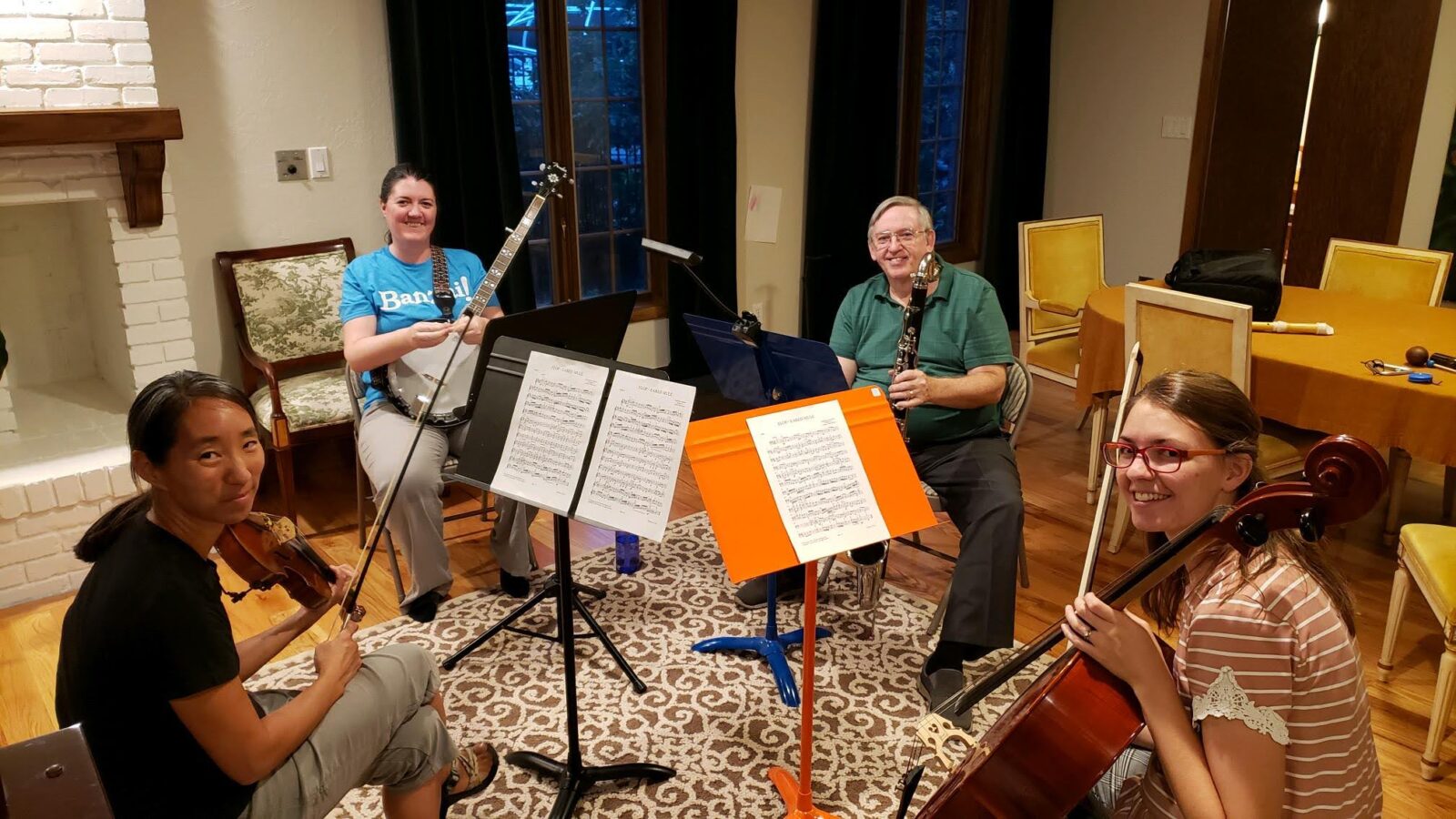
2024 Worldwide Play-In Events
ACMP's Official Worldwide Play-In Weekend takes place from Friday, May 17 through Sunday, May 19, 2024 but we have extended the whole Worldwide Play-In initiative to encompass Play-Ins throughout May, which is National Chamber Music Month here in the United States, and early June. Keep checking this article and the ACMP Events and Workshops Directory for public Play-Ins near you!Read More ↗
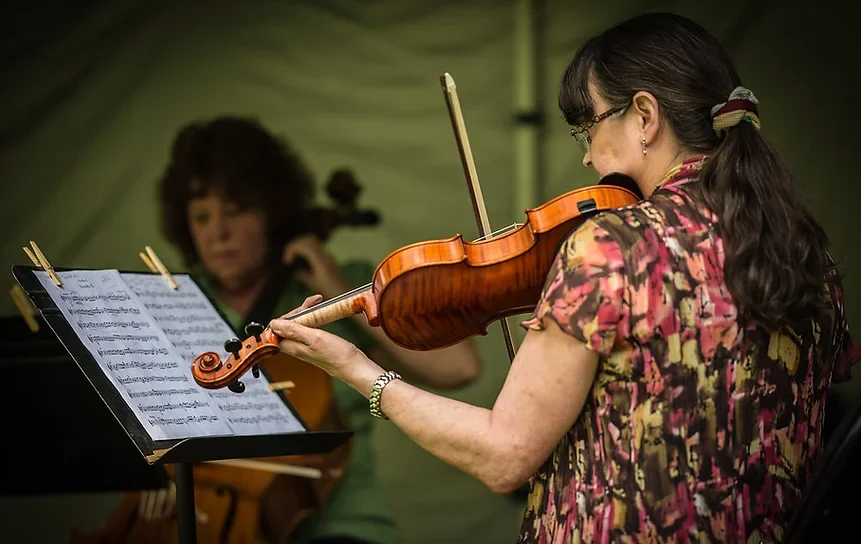
Sue Mistretta celebrates 10 years of Mountainside Chamber Music in Nelson, B.C.
Sue Mistretta is an ACMP member cellist in Nelson, British Columbia, Canada. Read my interview with Sue to learn more about the adult amateur music scene in Nelson, her life as an adult beginner, and her experience creating a chamber music workshop from the ground up and running it for ten years. Maybe you would like to take a trip to beautiful Nelson, B.C. for one of her workshops this summer. Hurry to make the "Early Bird" discount deadline of May 1.Read More ↗
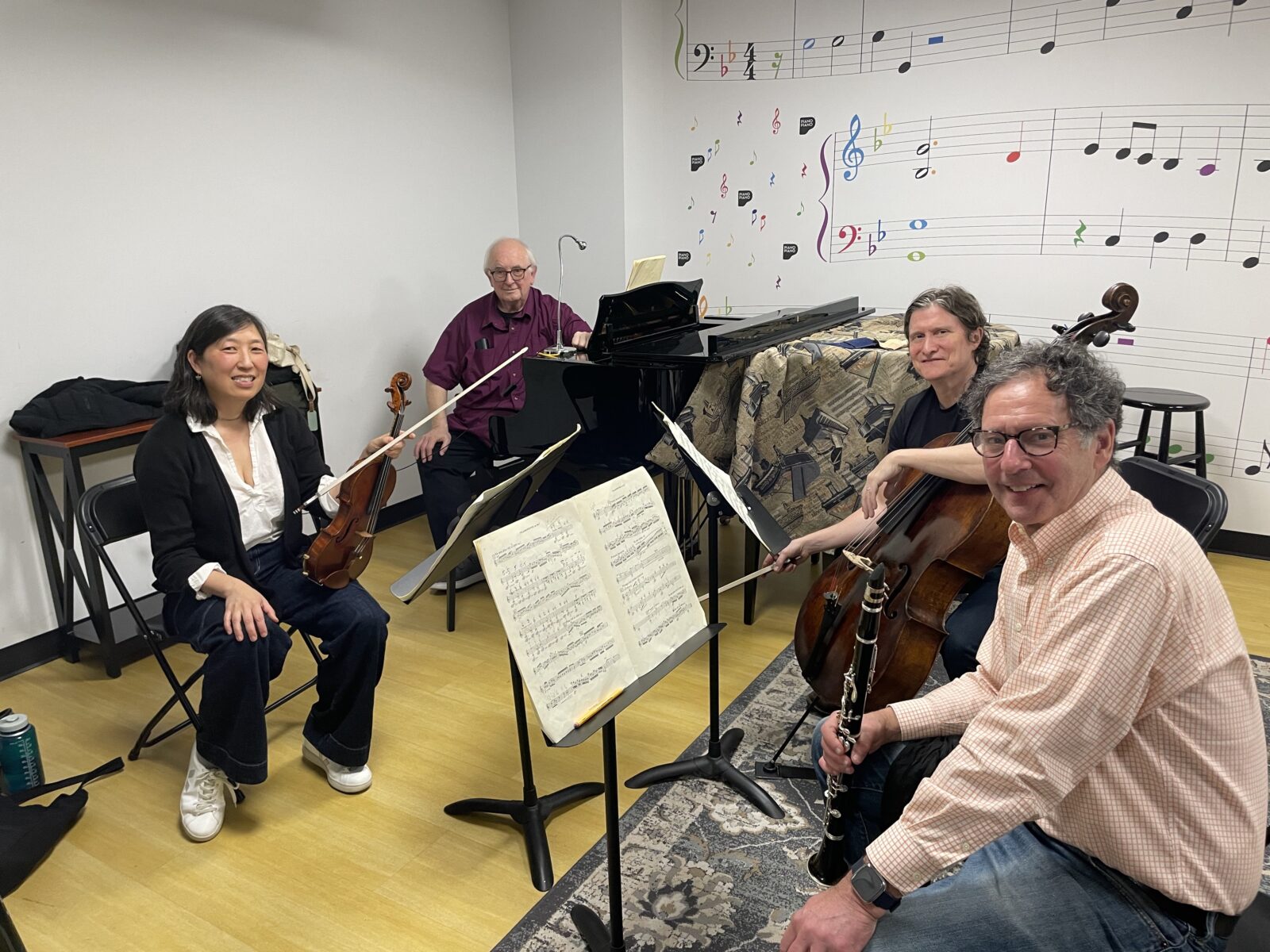
Notes from the Rehearsal Studio: Learning the “Quartet for the End of Time”
In advance of the live and livestreamed masterclass this Sunday, April 7, I interviewed the four intrepid adult amateur musicians who took on the first and sixth movements of Messiaen's "Quartet for the End of Time." For the clarinetists, pianists, violinists and cellists among you, I hope you will be inspired to delve into Messiaen's masterwork yourselves!Read More ↗
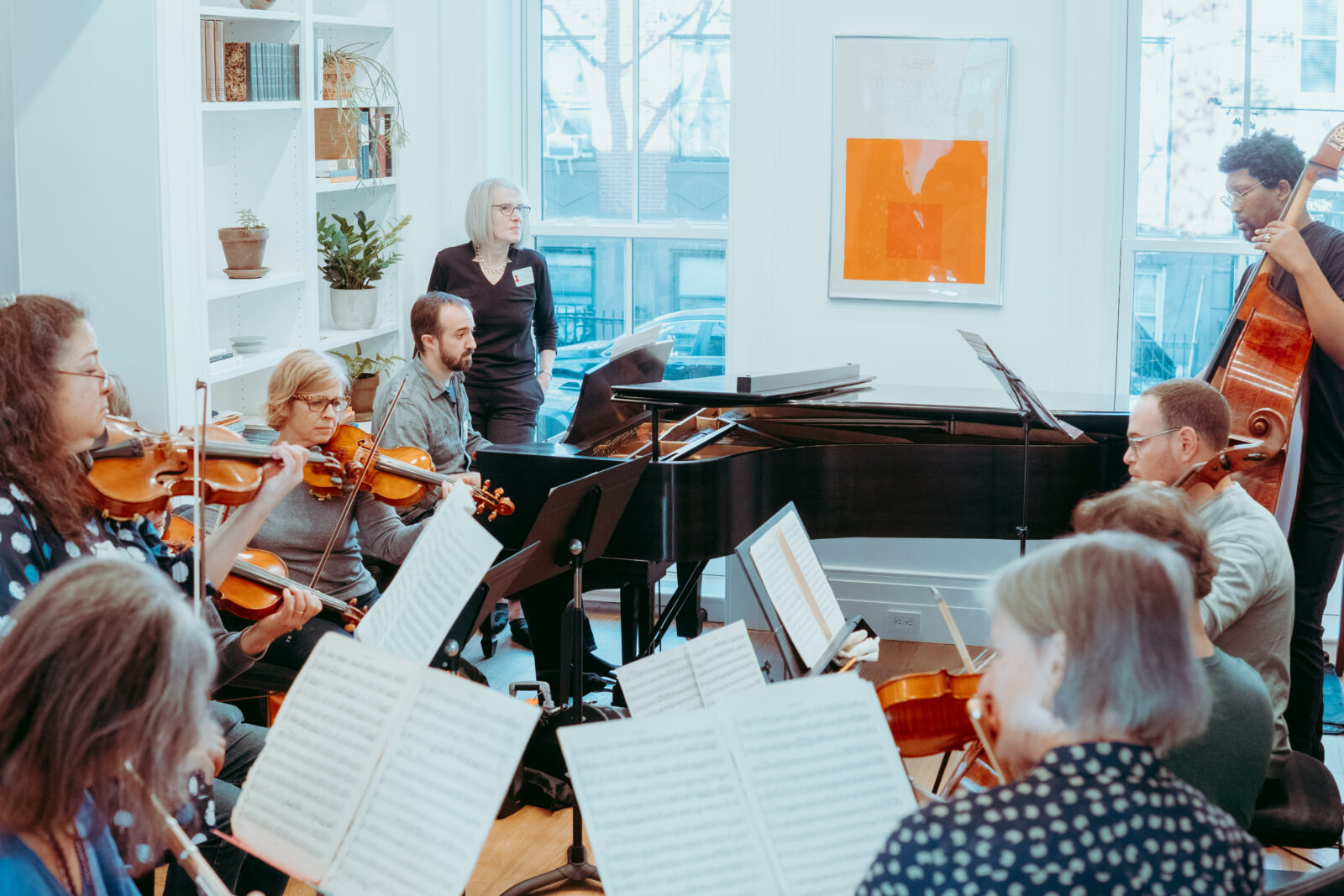
Announcing the 2024 Worldwide Play-In Weekend: May 17-19
May is Chamber Music Month! And ACMP is happy to announce its official Worldwide Play-In weekend: Friday, May 17 through Sunday, May 19, 2024Read More ↗
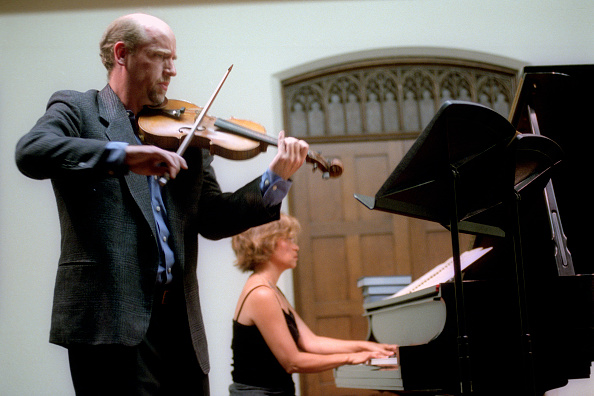
Calvin Wiersma class on Messiaen’s “Quartet for the End of Time”: Sunday, April 7, 3pm ET
ACMP is proud to present a special live (and live-streamed) class with violinist and chamber music coach extraordinaire Calvin Wiersma on Olivier Messiaen's seminal work, the "Quartet for the End of Time," with ACMP member musicians Kenneth Margolis (clarinet), Yolanda Wu (violin), Ben Pfeifer (cello) and Walter Kennon (piano.)Read More ↗
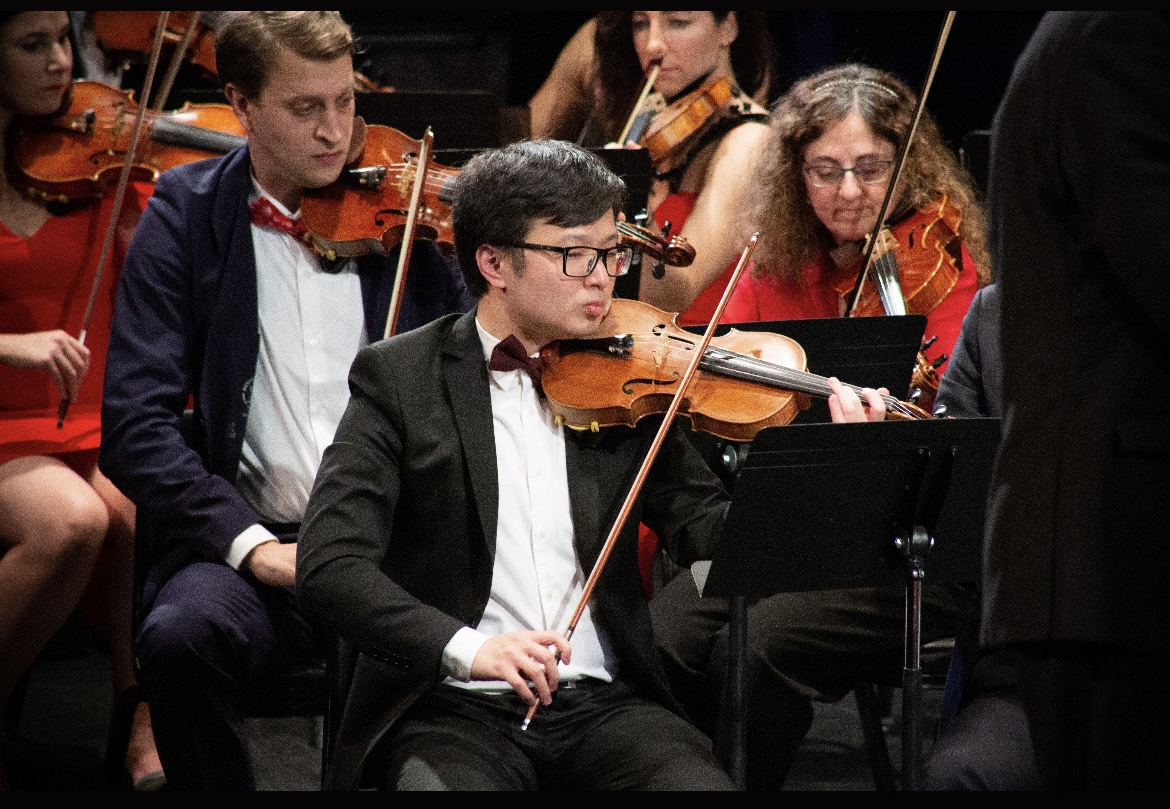
An orchestra that lives up to the ideals of the United Nations
Ever since the United Nations was founded nearly 80 years ago, it has stood for nothing less than “peace, justice, and better living for all humankind.” When it comes to living up to those ideals, nowhere does that happen more than every Wednesday night in a nondescript office across from UN headquarters.Read More ↗
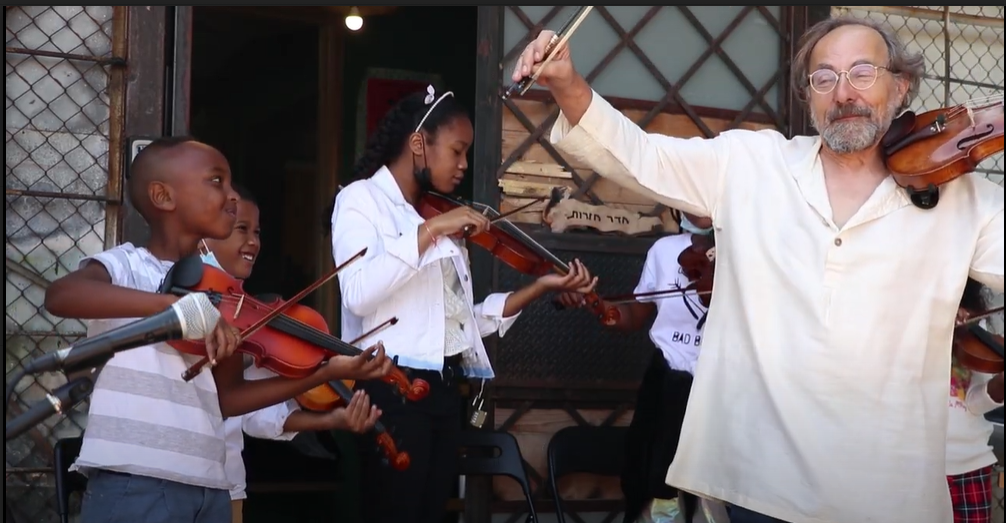
Meet Joel Epstein: violinist, violist, writer, arranger, educator and ACMP member since the 1970s
Violinist, violist, writer, arranger and educator Joel Epstein has been a member of ACMP since the 1970s. Get to know Joel and read about his book "Music for the Love of It: Episodes in Amateur Music-Making" and about his important work teaching music to status-less children in Israel.Read More ↗
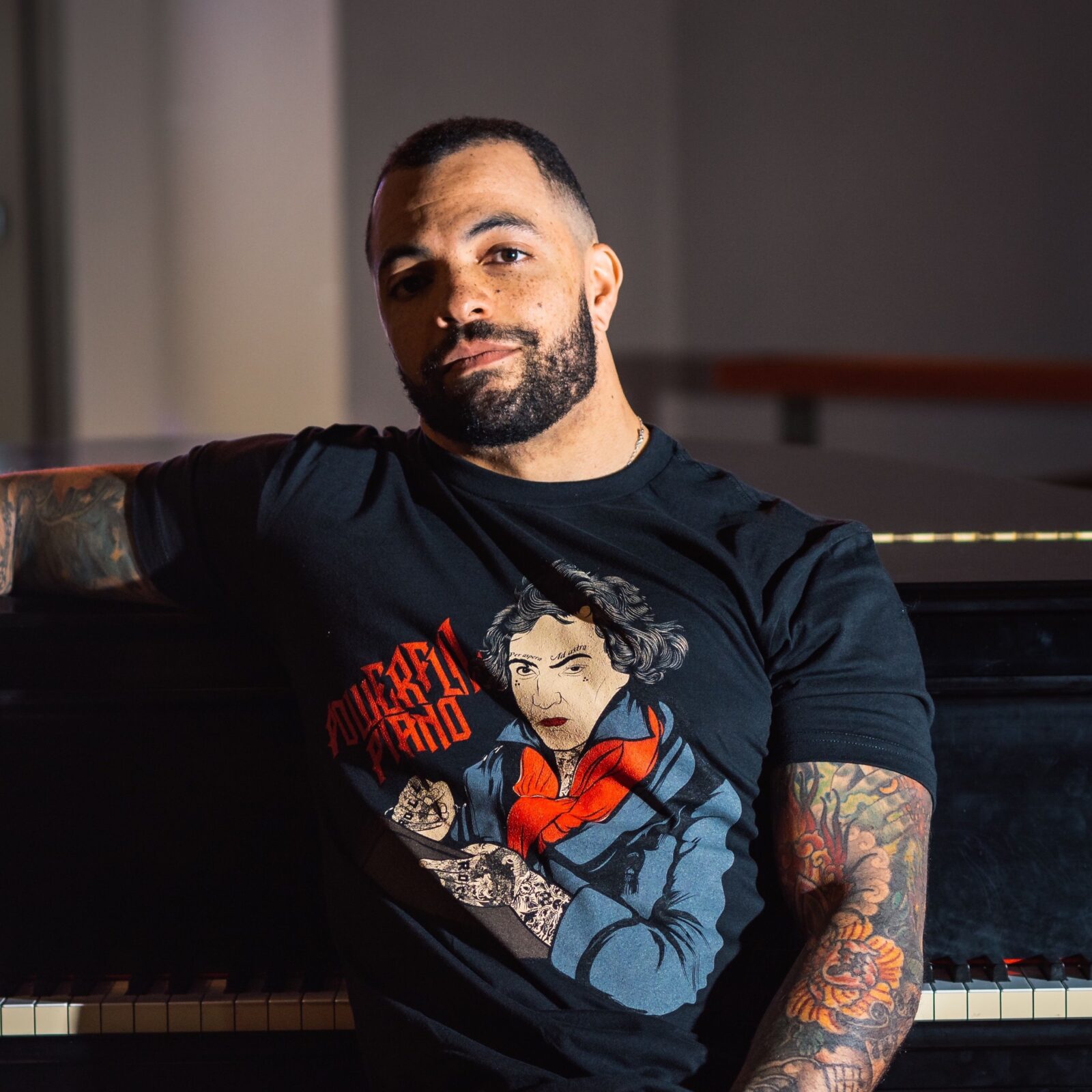
Meet ACMP Pianist and Educator James Daly
You may have been wondering about the people featured in the mockups for ACMP's new Timbre app-in-progress. AI was not involved in any way - all of those people are real members of ACMP with profiles in our Directory of Chamber Musicians. California-based pianist and educator James Daly is the man in the header image for the blog article about Timbre. Read all about his path to becoming a musician and educator and enjoy a 20% ACMP member discount on his original T-shirts and other merchandise.Read More ↗

Timbre Reveal: a sneak peak at ACMP’s new app-in-progress
Take a sneak peek at “Timbre” - ACMP's first ever app, in its early stages of development. Timbre will be a fun, visual, and more immediate way to find other ACMP members while you’re casually scrolling on your phone.Read More ↗
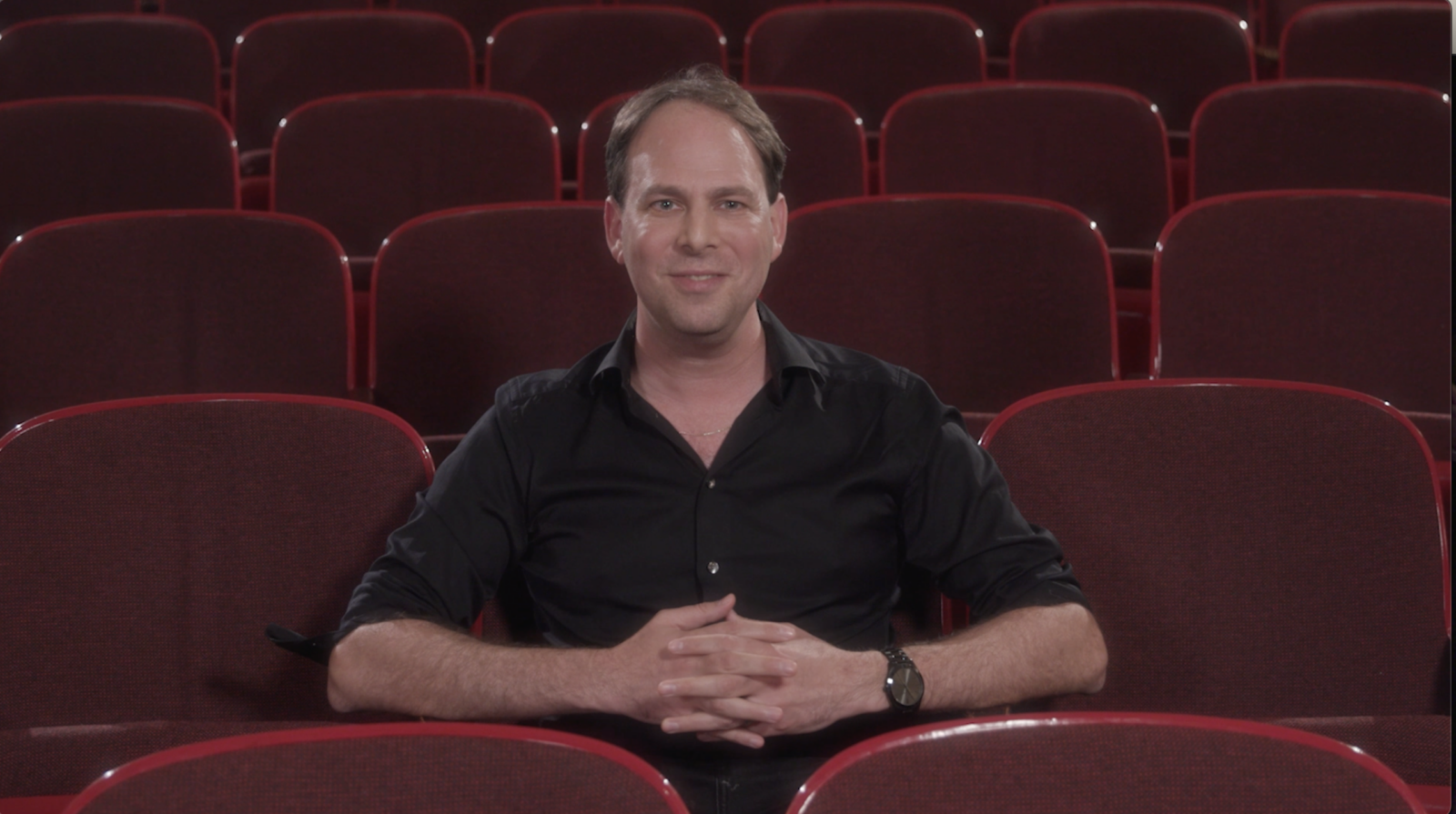
A conversation with filmmaker Hilan Warshaw
In the lead-up to the ACMP Film Club event about Hilan Warshaw's "Secret Song" on Sunday, February 18 at 2pm ET, ACMP's Executive Director Stephanie Griffin had the pleasure of catching up with Hilan, and asking him about how his background as a musician led to a unique career as a filmmaker with a primary focus on musical subjects.Read More ↗
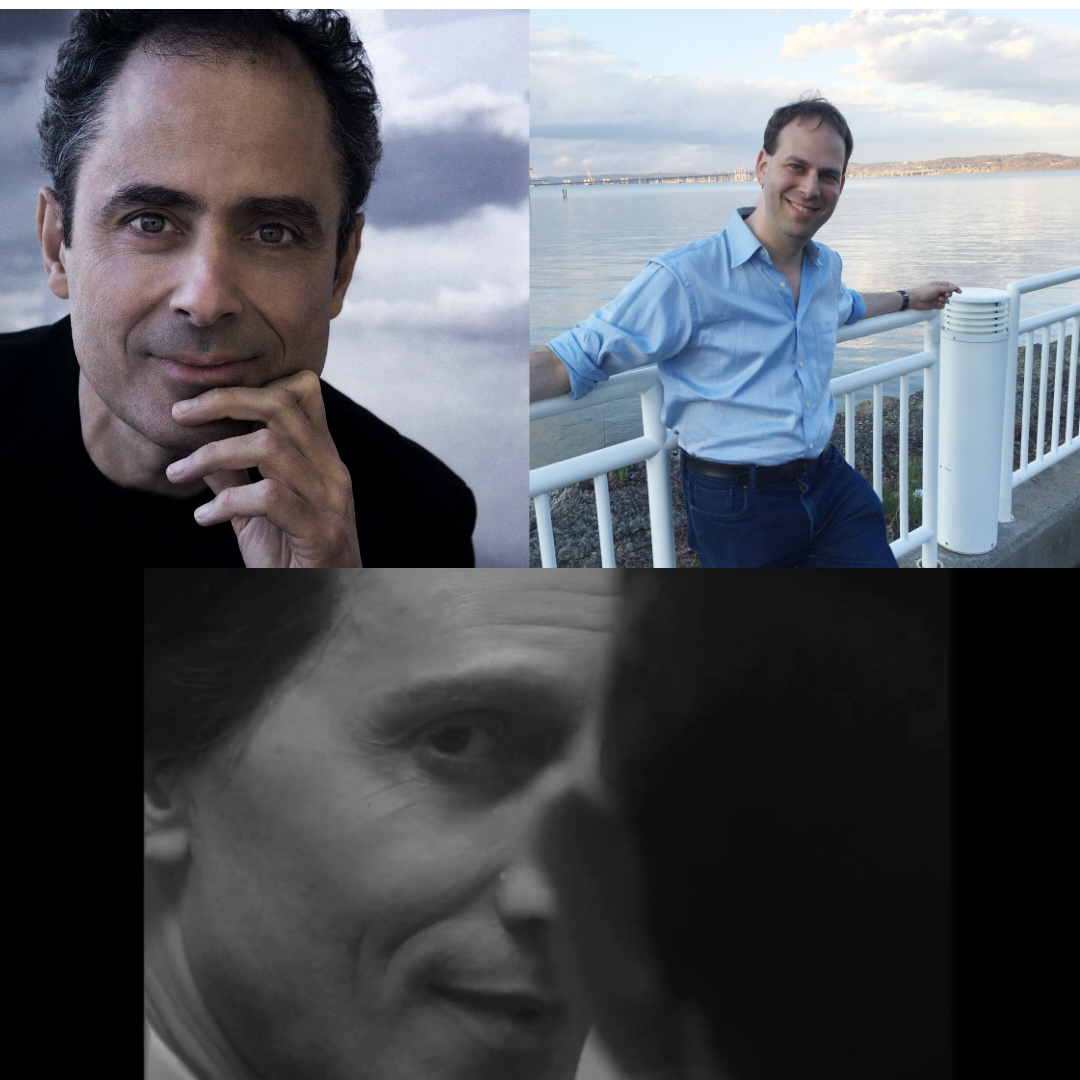
Eugene Drucker and Hilan Warshaw discuss “Secret Song”
Join ACMP on Sunday, February 18 at 2pm Eastern for an online discussion with film-maker Hilan Warshaw and former Emerson Quartet violinist Eugene Drucker about the genesis of "Secret Song," the making of the film and the sultry story behind Alban Berg's Lyric Suite for string quartet.Read More ↗
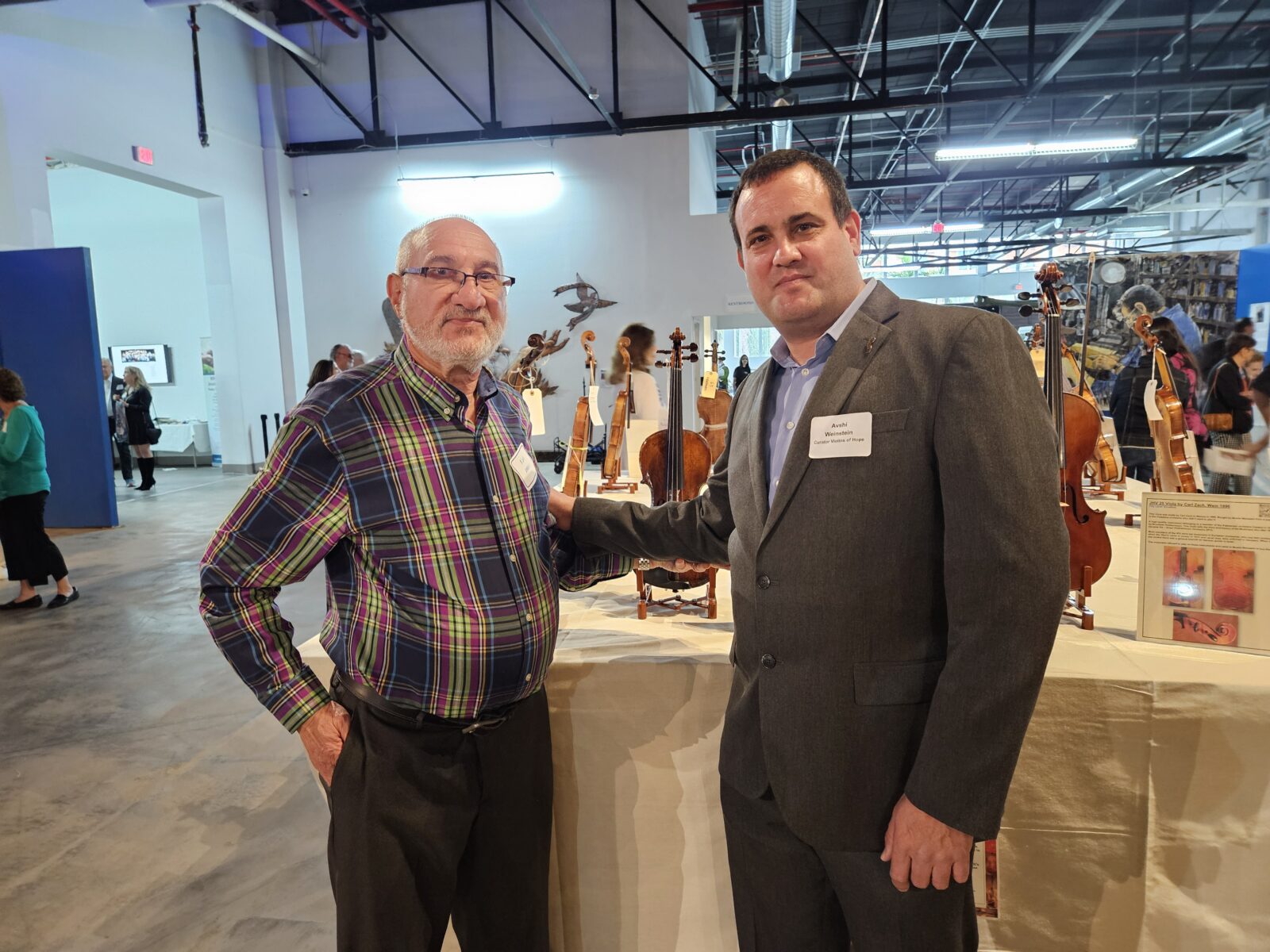
Harmonizing Decades: A 2024 Follow-up to our 1996 Quartet session
When ACMP member violinist Gualtiero Morpurgo was visiting the United States from Milan in 1996, he found fellow violinist Mark Atkins in the ACMP Directory. Mark organized a string quartet session with Gualtiero, and later in life learned of his touching life story.Read More ↗
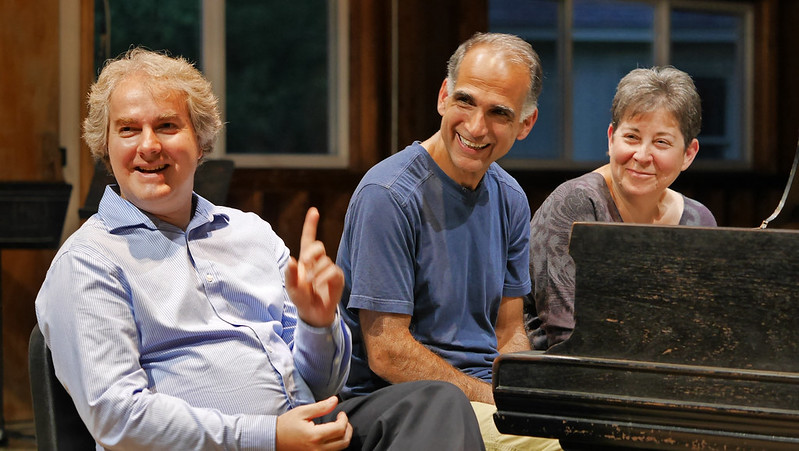
How to put on a great adult chamber music workshop
Join ACMP Secretary and Grants Committee chair Susan Alexander on Tuesday, January 23 at 2:30pm Eastern for an illuminating online panel discussion about how to organize your own adult amateur chamber music workshop. Susan will be joined by experts in the field: Javier Caballero (Executive Director of the Apple Hill Center for Chamber Music), Susie Ikeda (Executive Director of the Chamber Music Conference) and pianist/educator Nancy Breth (founder of the Levine School of Music's Chamber Music Weekend for adult amateurs.)Read More ↗
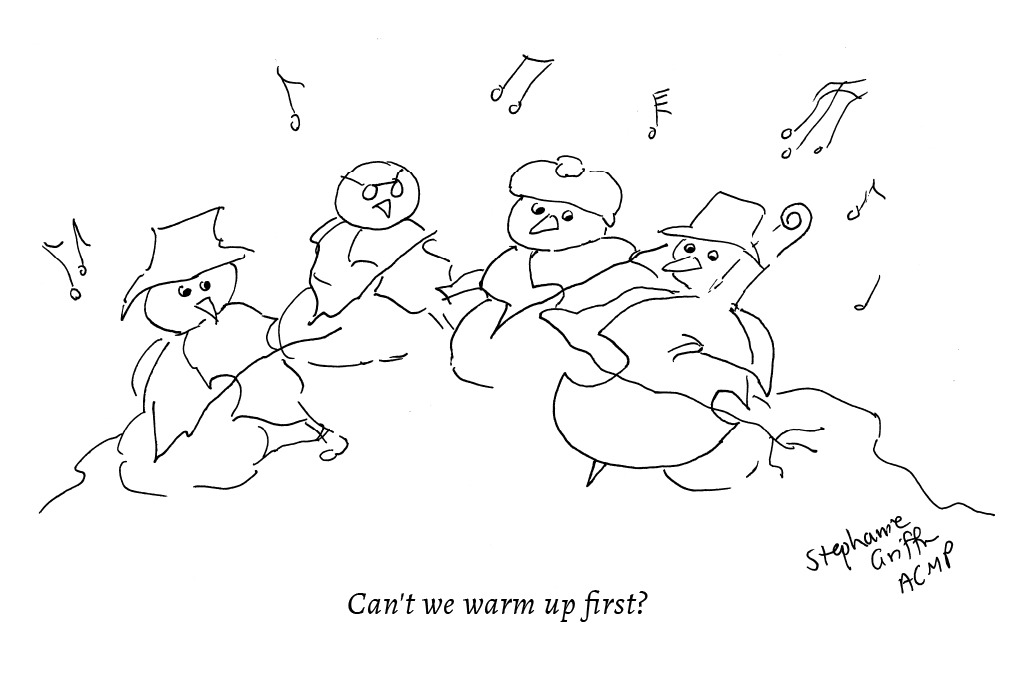
Announcing the 2023 Holiday Caption Contest Winners!
ACMP’s 2nd annual Holiday Caption Contest was a resounding success! We received 96 captions from 44 ACMP members – exactly twice as many participants as last year. This year's winners were Raul Kottler, Ken Margolis and Rebecca Sayles.Read More ↗
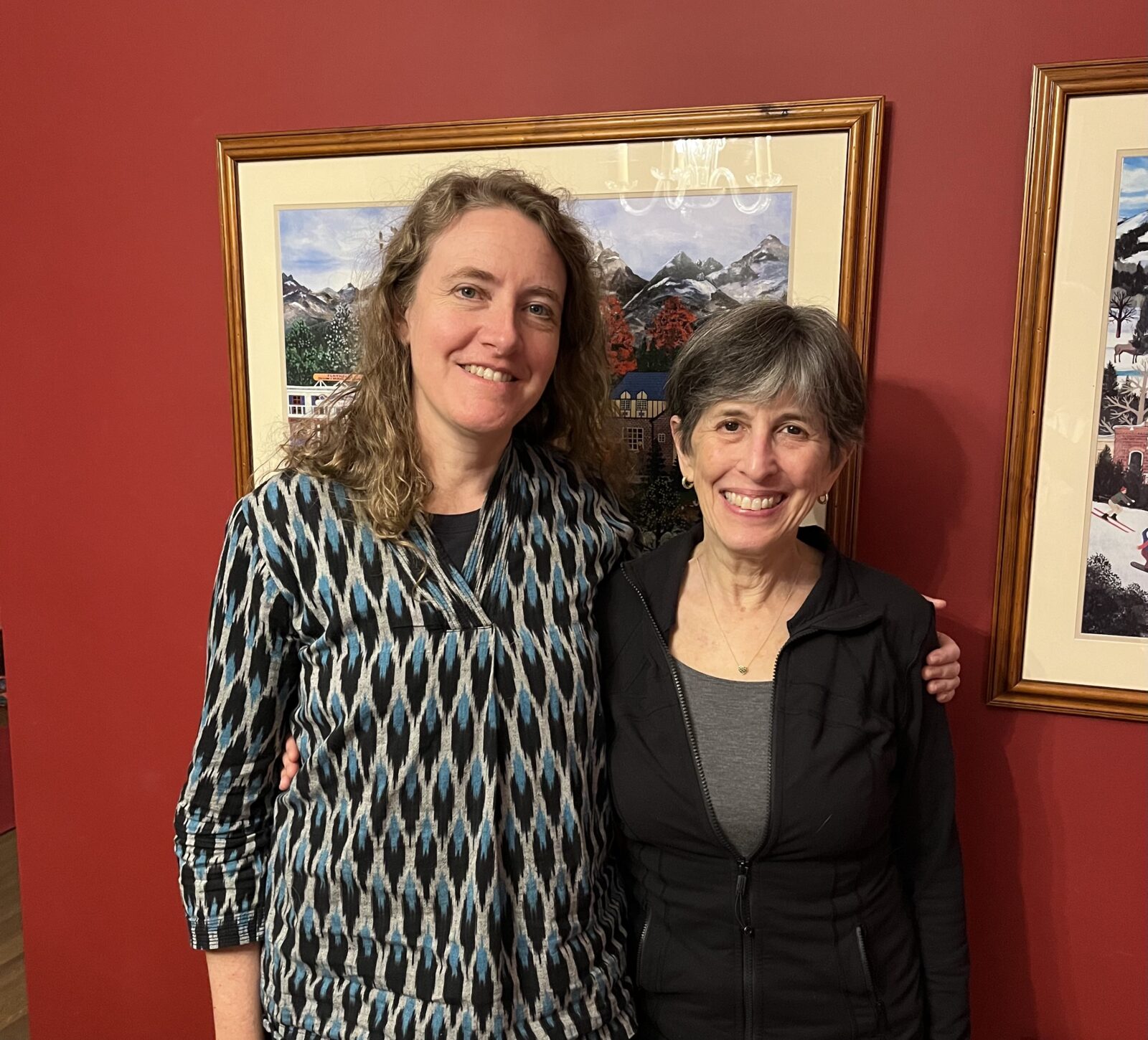
Rochester Report: An Interview with NAOC Councilor Roberta Zalkind
On a recent visit to Rochester, NY, ACMP Executive Director Stephanie Griffin reached out to local NAOC councilor and fellow violist Roberta Zalkind. Roberta gave Stephanie a tour of the Eastman Community Music School (a repeat ACMP grantee), introduced her to the school's director Petar Kodzas and invited her home for dinner, where the two violists got acquainted with one another and discussed the state of amateur chamber music in Rochester. After the visit, Stephanie followed up with this interview with Roberta.Read More ↗
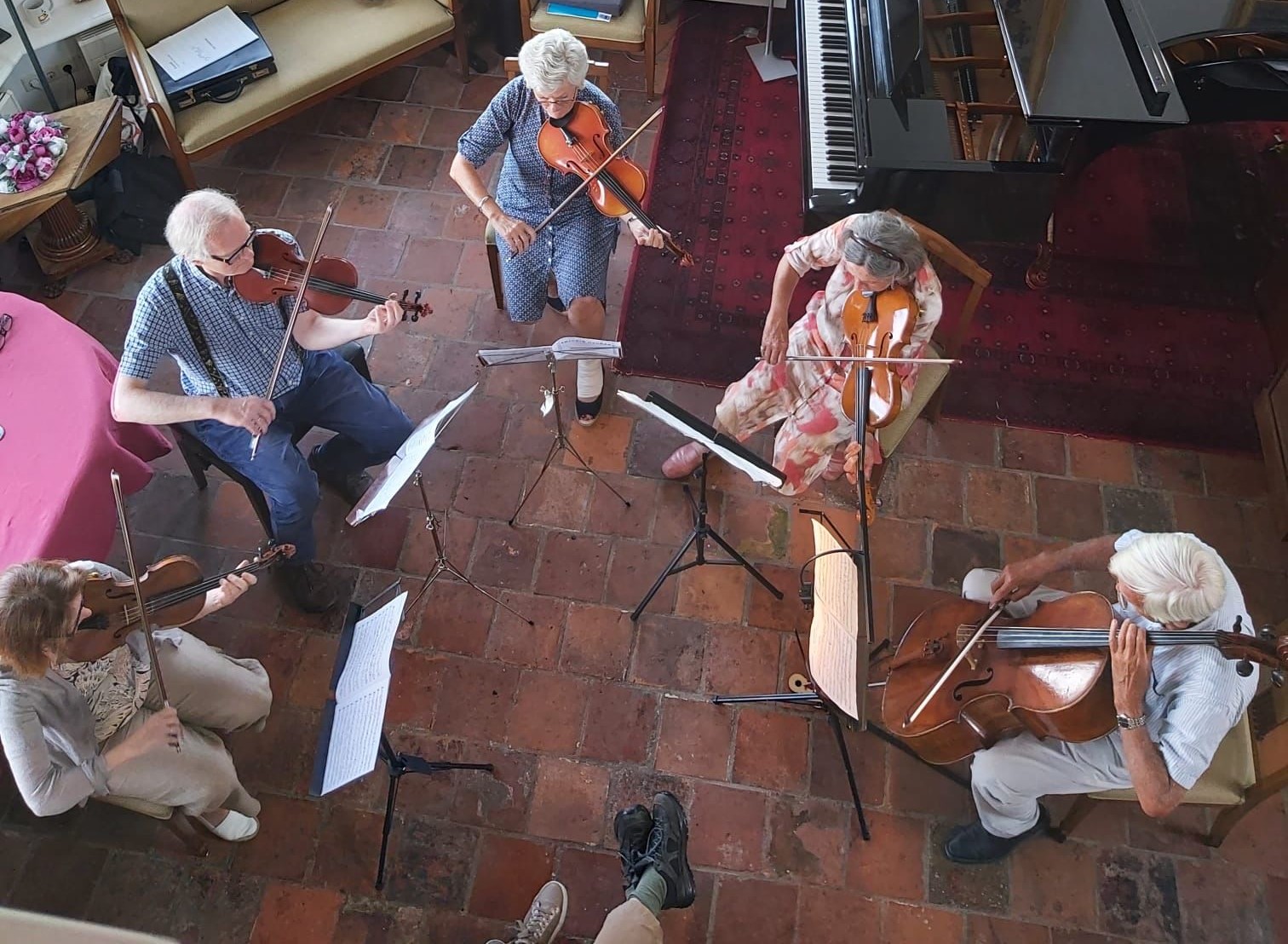
Report from the Netherlands: Excerpts from “Amateurs in European Music”
Here are a few highlights from an essay written by Marine Park, participant of the Wijnhaven Festival, Dordrecht, Netherlands in conjunction with Bas van Ouwerkerk, organizer of the Festival. This version is a translation of some selected excerpts from the full essay which was published in Korean in the Music Journal of Korea.Read More ↗
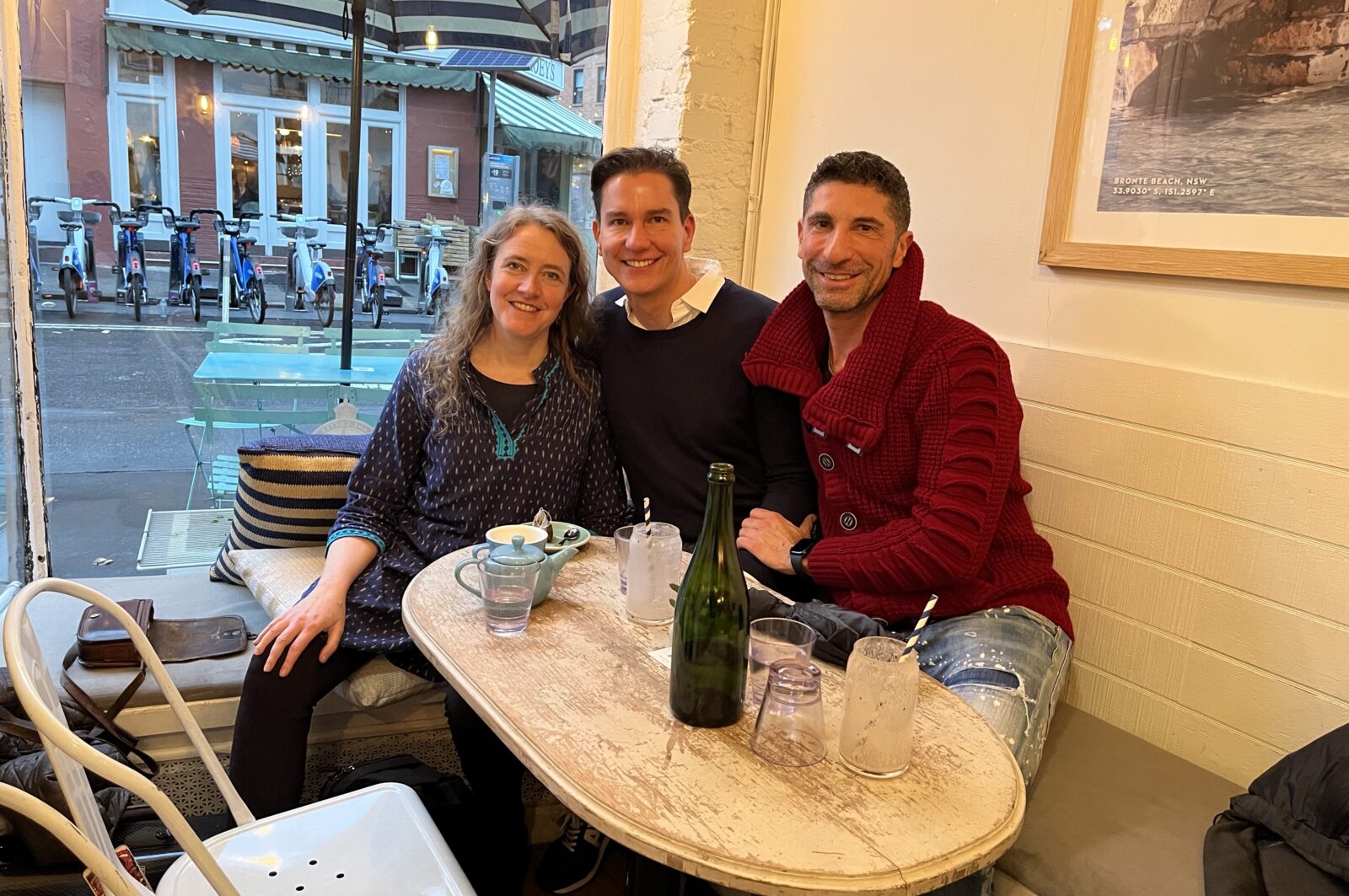
Introducing new IAC Chair, Sean Knox
ACMP is pleased to announce the appointment of Sean Knox as Chair of its International Advisory Council (IAC). Sean is a professionally trained cellist and also plays the piano (and recently started learning the harp). He is passionate about playing chamber music, and has done so with numerous groups in London, Switzerland and his home country of South Africa.Read More ↗
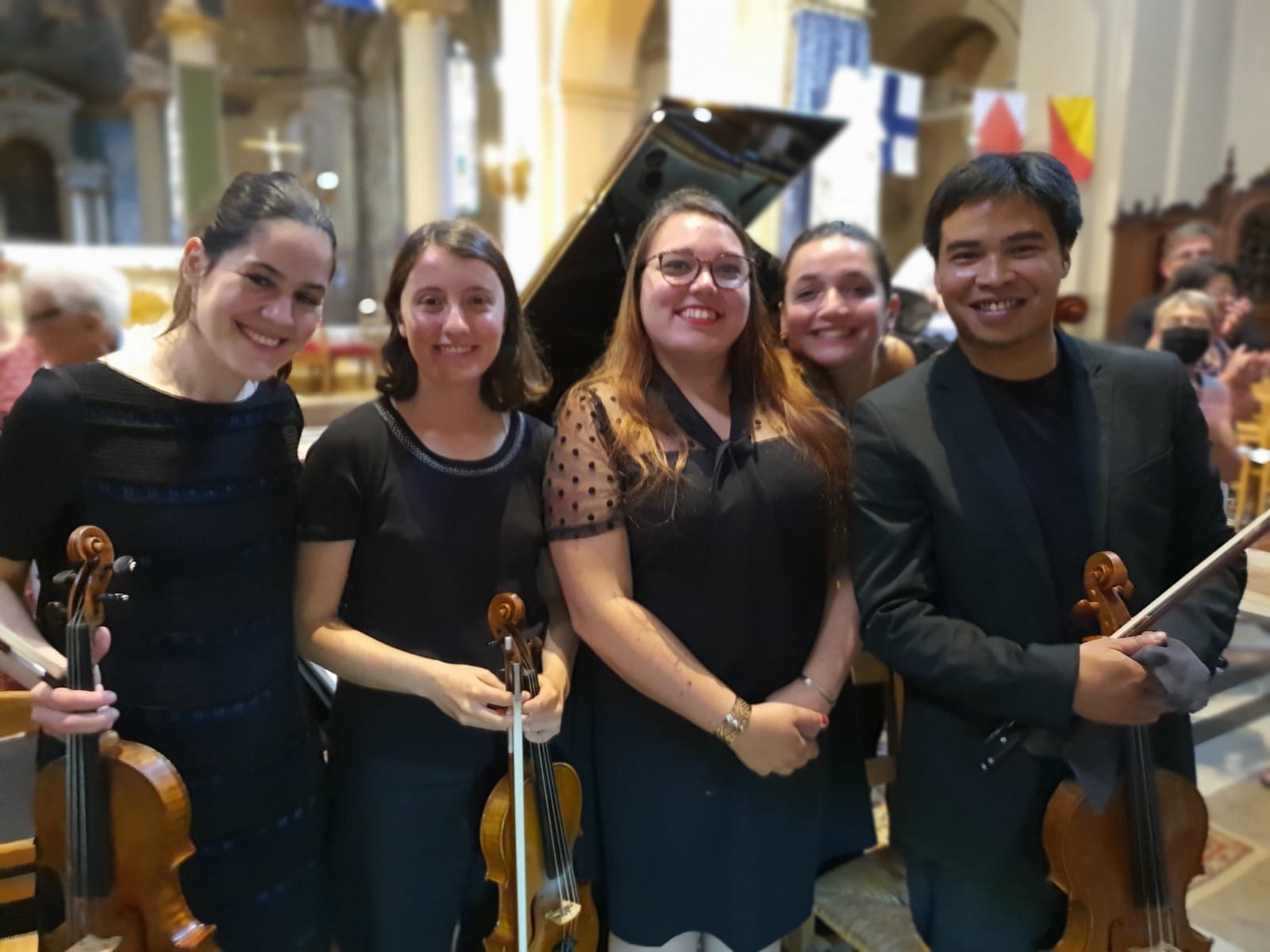
Chamber Music in France! The Trouville-sur-Mer Workshop Report
The Trouville-sur-Mer chamber music workshop was a success this year. Twenty-two participants ranging in age from 11 to 82 came from various parts of France and abroad. The workshop culminated in two well-attended concerts.Read More ↗
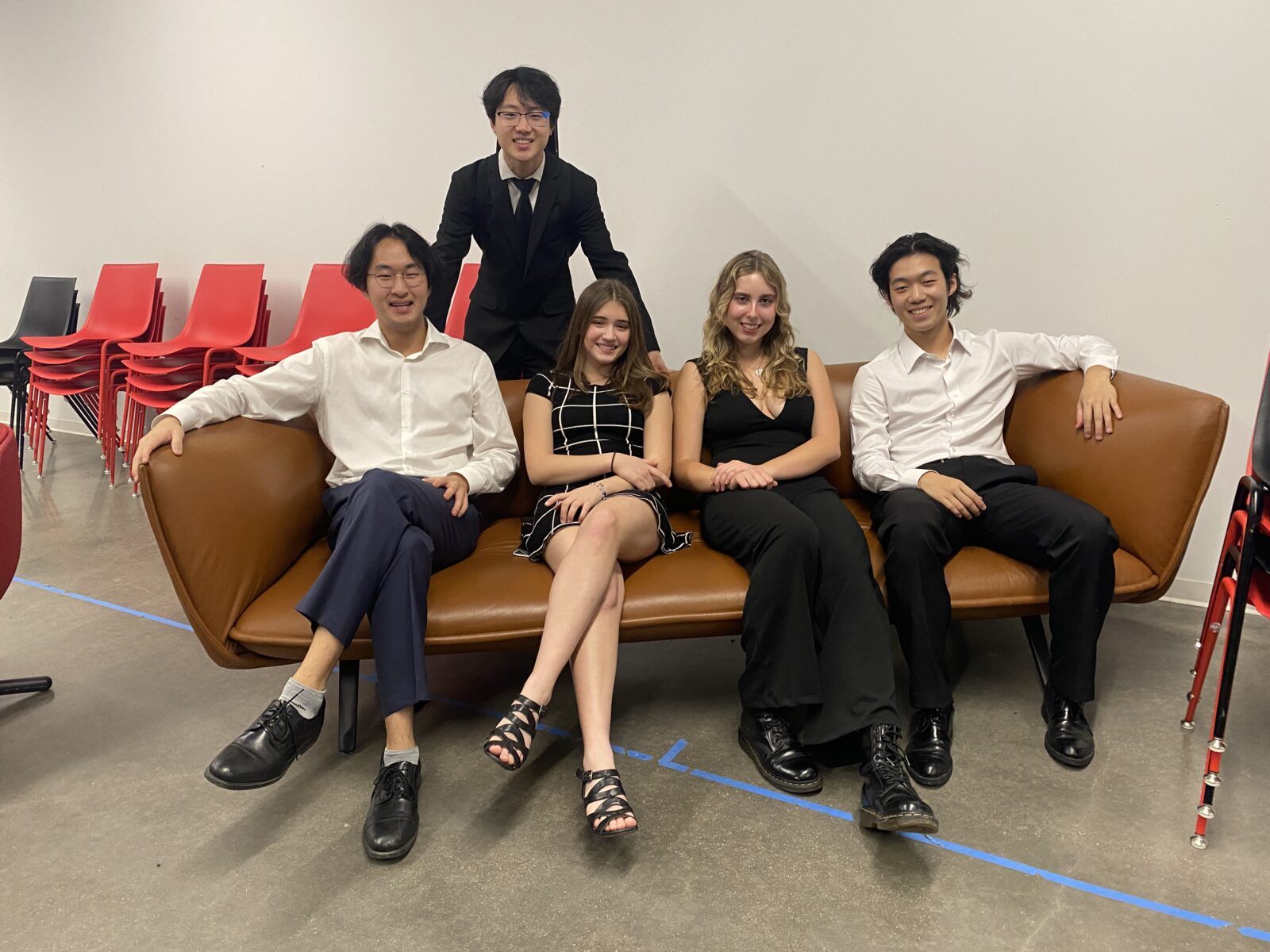
Rice University Chamber Music Club Partners with ACMP
The Rice University Chamber Music Club is the first official university-student organization to be affiliated with ACMP. Founded by violinist Gale Gai, the club just held its first concert, sponsored in part by a Just Play grant from ACMP!Read More ↗
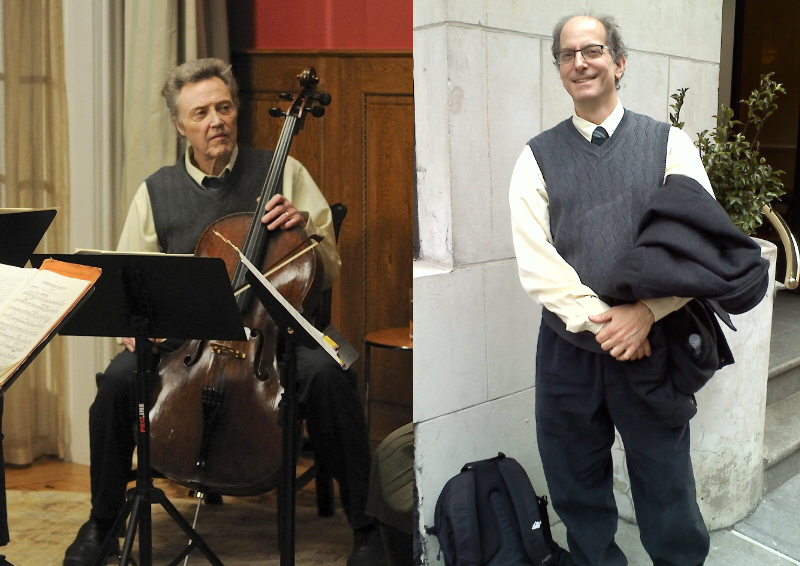
Two left hands! On playing Christopher Walken’s left hand in “A Late Quartet”
Longtime ACMP supporter, cellist and chamber music workshop organizer David Bakamjian is also a movie star! He played Christopher Walken's left hand in Yaron Zilberman's 2012 film "A Late Quartet." Watch or rewatch the film and then join ACMP in a film club discussion on Saturday December 9 at 2pm Eastern with two professional chamber musicians who coached the actors on playing violin and viola.Read More ↗